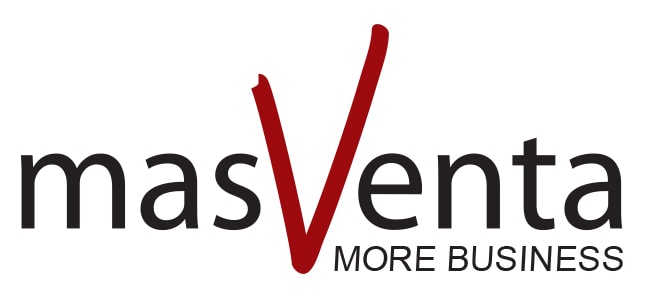Description
OVERVIEW
LIVE ONLINE EXTENDED
This Live Online Extended consists of 8 modules of 4.5 hours each. The courses usually take place on eight consecutive Monday mornings from 8:30 to 13:00, alternatively on Friday afternoons from 15:00 to 19:30, depending on agreement.
We conduct our online crash courses with GotoWebinar. To participate you need a Windows PC, a Mac, an iPad or an Android tablet. Audio transmission can be via IP or telephone (via national landline numbers in many countries).
After registration you will receive your individual access data and two reminders shortly before the course sessions. Video recordings of the sessions will be available shortly after the event.
If you would like to get an impression, we recommend attending one of our free webinars. You will find current announcements on our homepage.
Translated with www.DeepL.com/Translator
GOALS
- Describe the framework concept of project management, including processes, knowledge areas, and process groups.
- Understand the relationships between projects, processes, and products
- Define roles and responsibilities of key project participants
- Define, describe and trust the importance of stakeholder partnerships
- Obtain and maintain the right project support to ensure their success
- Identify the components of project orders and why they are critical to the success of the project
- Develop a scope statement that captures the essence of the project
- Organize the delivery objects of the project in a work breakdown structure.
- Apply decomposition, the main element in evaluating and scheduling a project
- Identify and analyze project risks to create a risk catalog to manage project risks
- Discuss difficulties related to effective communication and develop a communication plan
- Describe the dynamics around leadership and team development
- Understand the importance of conflict management and describe the key conflict management techniques.
- Recognize forms and the appropriate use of different types of power
- Describe the difference between managed scope changes and scope creep.
- Describe the importance of formally closing projects, including celebrating successes and holding meetings about experiences gained.
- Learn the key to successful celebration
- Follow the process and requirements guidelines for PMP® certification exam enrollment
- Expect increased confidence when taking an exam in limited time
- Expect the types of questions that will appear in the exam and learn how to answer them.
- Recognize principles and processes described in the PMBOK® Guide
- Recognize the knowledge areas of project management, the process groups, and the relationships between them
Identify the most important inputs and outputs of project management processes - Use the essential tools and techniques described in the PMBOK®Guide.
- Bring the principles described in the PMI® Code of Ethics and Professional Conduct into your own project management practice.
INHALT

